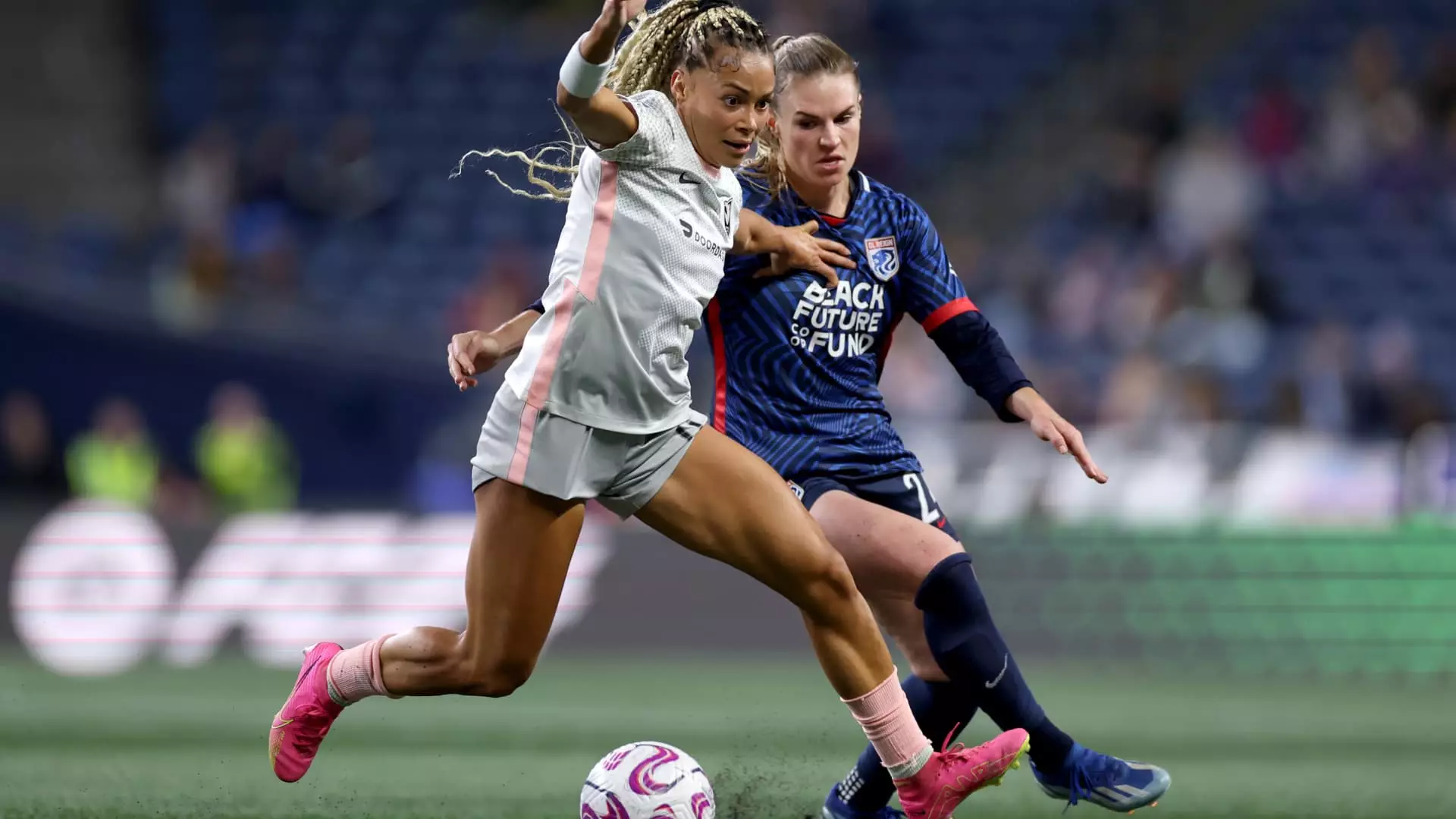The landscape of women’s soccer is shifting, with private equity investors starting to take a more prominent role in the National Women’s Soccer League (NWSL). Unlike other major U.S. sports leagues like Major League Soccer, the National Basketball Association, Major League Baseball, and the National Hockey League, which have only allowed private equity investors to take passive, minority stakes, the NWSL has opened its doors to these firms to take majority control of the economics. This shift marks a significant change in how women’s soccer is being funded and managed in the United States.
One of the pioneering firms in this new era of women’s soccer ownership is Sixth Street, which acquired the San Francisco women’s team, Bay FC, for a record $54 million. This move signaled to other investors that there was real potential in investing in women’s soccer. Following Sixth Street’s lead, Carlyle recently partnered with the Seattle Sounders FC to purchase the Reign FC, valuing the team at an impressive $58 million. These substantial investments are a testament to the growing interest and confidence in the future of women’s soccer.
Private equity investors see women’s soccer as a lucrative opportunity to bring in institutional capital and additional resources to the sport. The NWSL’s commissioner, Jessica Berman, believes that this influx of capital will help propel the league to new heights. With attendance at NWSL games up over 40% this year, private equity firms like Carlyle are optimistic about the future growth and success of women’s soccer. The focus is on making smart choices, running a sustainable business, and delivering a high-quality product on the field.
Women’s elite sports revenue is on track to surpass the billion-dollar mark for the first time, with soccer accounting for roughly half of that figure. While revenue in women’s sports is driven more by merchandising sales, ticket sales, partnerships, and sponsorships, the NWSL recently signed a groundbreaking $240 million media deal. This deal, which is 40 times higher than the league’s previous agreement, highlights the growing interest in women’s soccer among broadcasters and media companies.
As private equity investments in women’s soccer continue to rise, the league is still in uncharted territory. Commissioner Berman recognizes that institutional capital brings a different dynamic to team ownership, compared to individual owners. While other major sports leagues have limits on private equity ownership, the NWSL is paving the way for how institutional capital can be involved in sports. The potential acquisition of Angel City FC by Disney CEO Bob Iger and his wife at a valuation of $250 million demonstrates the skyrocketing valuations of women’s sports franchises.
The rise of private equity investors in women’s soccer marks a new chapter in the growth and development of the sport. With significant investments, increased revenue, and high-profile media deals, women’s soccer is gaining momentum and attracting attention from a wider audience. While challenges and uncertainties lie ahead, the future of women’s soccer looks promising with the support and resources provided by private equity firms. As the sport continues to evolve, it will be interesting to see how these investments shape the future of women’s soccer in the United States and beyond.


Leave a Reply